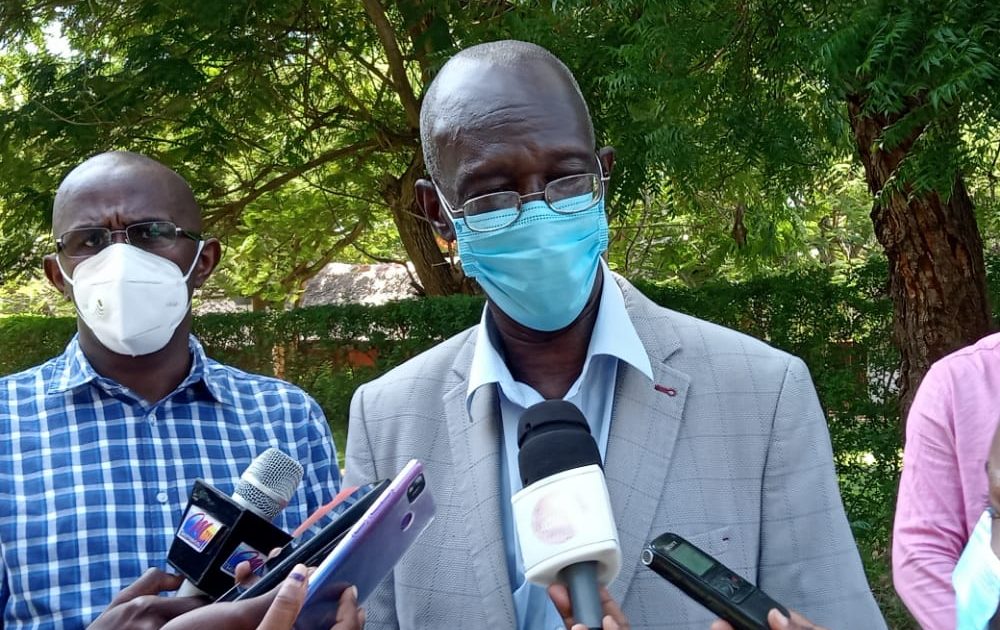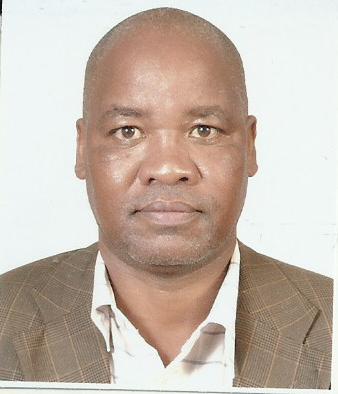By Fred Sitati
The endemic cases of mismanagement in the cooperative movement have reached alarming proportions in the country according to the report released by the Ethics and Anti-corruption Commission (EACC) recently.
The EACC Report is coming hot on the heels of the government creating an Anti-fraud Unit domiciled at the Sacco Societies Regulatory Authority( SASRA) headquarters to specifically deal with fraud cases in the multi-billion sacco sub-sector in the country.
The Report that has laid bare the specific cases and extent of the ‘rot’, calls for urgent remedial measures to rid the sector of bad elements in order to restore the image of the sector even when some continue living in denial about the prevalence of matters corruption in cooperatives.
How would you explain or justify cases where all cooperatives have elected supervisory committees, audit committees( where applicable), internal auditors and external auditors yet mismanagement takes place unabated and only comes to light once the ordinary members raise the red flag…mainly due to poor delivery of services ?
You might be surprised to learn that the statutory annual audits of such cooperatives are not qualified!
The successive post-independence Cooperative Societies Acts have had very elaborate provisions on how to deal with suspected cases of mismanagement in the cooperative sector.
In particular, the law gives the Commissioner of Cooperatives power to intervene by way of ordering Inquiries and Inspections in order to ‘smoke out’ those found culpable of involvement in mismanagement or misappropriating cooperatives resources.
These interventions are well captured u/s 58 and 59 of the Cooperative Societies Act. (Cap 490).
Under the existing cooperative legislation, cases of mismanagement are dealt with through institution of inquiries in which the commissioner of cooperatives appoints Inquiry teams to delve into the records with a view to establishing the state of affairs ( of the society ) who then presents report(s) containing specific recommendations to the general meetings of the affected cooperatives.
This is a civil process where those adversely named in the mismanagement are surcharged accordingly in order to recover/ restore what has been lost through their acts of commission or omission.
This is necessary because cooperative leaders are duty bound to observe the legal standard of care in which prudence and diligence should underpin their actions while at the helm of cooperatives’ leadership.
The same professionalism is expected from the oversight organs such as Supervisory Committees and Audit Committees.
Despite Inquiries ordered u/s 58 of the Cooperative Act carrying legal authority, they are at times challenged in courts of law and in some instances some surchargees are let off the hook for lack of enough incriminating evidence!
Since the process of surcharge is a civil process, those found guilty are subject to surcharges and recovery of what has been lost may be effected summarily.
This doesn’t, in any way, stop the affected cooperatives from initiating criminal proceedings against the ‘culprits’, where crimes have been committed, since such offences are exceptions to the “double tragedy rule” where no one is punished twice for the same offence using the same evidence…
That noted, one may ask: is the current law fool proof in decisively dealing with errant leaders who are responsible for the reported rot in the sector?
Are the inquiry officers appointed to undertake such important exercises well equipped to come up with watertight reports capable of nailing down the culprits once smoked out?
What improvements, therefore, do we need to ensure that there are adequate checks and balances that are impenetrable to guarantee the security of cooperatives’ resources ?
My contention remains that, effective management entails putting in place structures and mechanisms that are not easily abused.
It must be acknowledged that the supervisory role exercised by government officers is not very effective due to a number of limitations, key among them inadequate facilitation from the employer.
Consequently, the following are my proposals:
^The law to be enacted allowing the Commissioner of cooperatives to source for Inquiry Officers including certified Audit firms to improve the quality of Inquiry Reports;
^ Attendance of general meetings to adopt the hybrid model where members who are not necessarily delegates, where applicable, follow the proceedings and, if need be, be allowed to participate virtually;
^ Since the sector continues to experience challenges despite the existence of Supervisory committees, Audit Committees and External Auditors and to a certain extent government officers, it is time to rethink this structure and adopt the inclusion of Independent Directors who, besides guiding , coaching and mentoring , they will provide oversight independently since they are not drawn from the common bond.
This is the evolving best practice that we need to realistically begin pondering over.
Don’t cite the private nature of cooperatives and the coop principles/ values because some leaders merely pay lip service to them …they don’t walk the talk!
The Commissioner of Cooperatives can create a data bank for Independent Directors after involving other stakeholders so that cooperatives can be guided to appoint them the same way general meetings appoint external Auditors from the list kept by the commissioner.
This proposal may irritate many but they had better begin softening their hard stance for what is in the best interests of the cooperatives.
^ The cooperatives to seriously consider setting up shared platforms as a cost-cutting measure as well as enhancing some level of efficiency in the manner cooperatives do their business.




